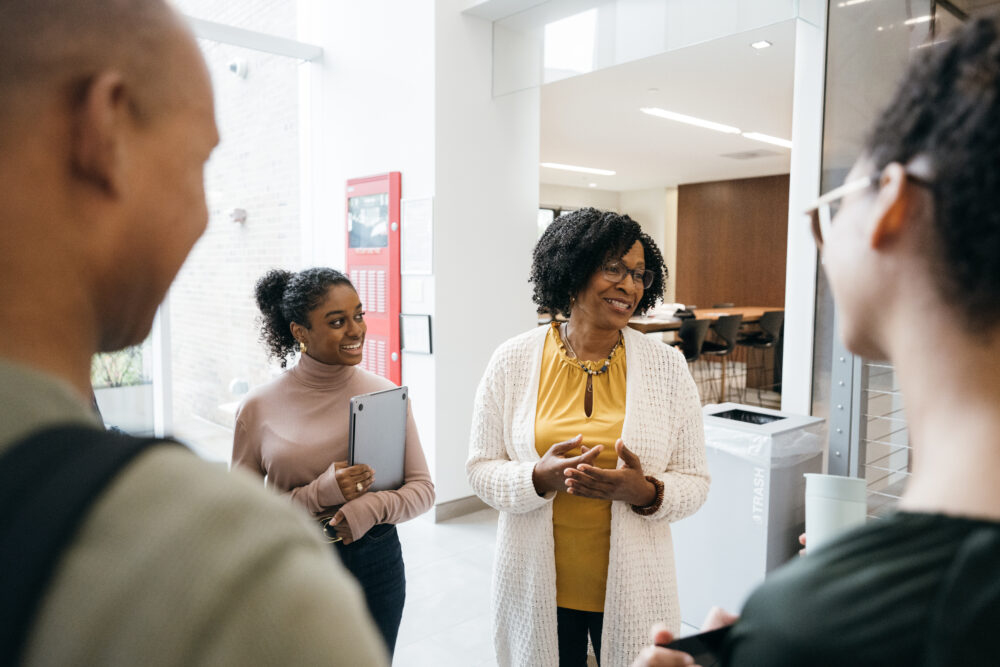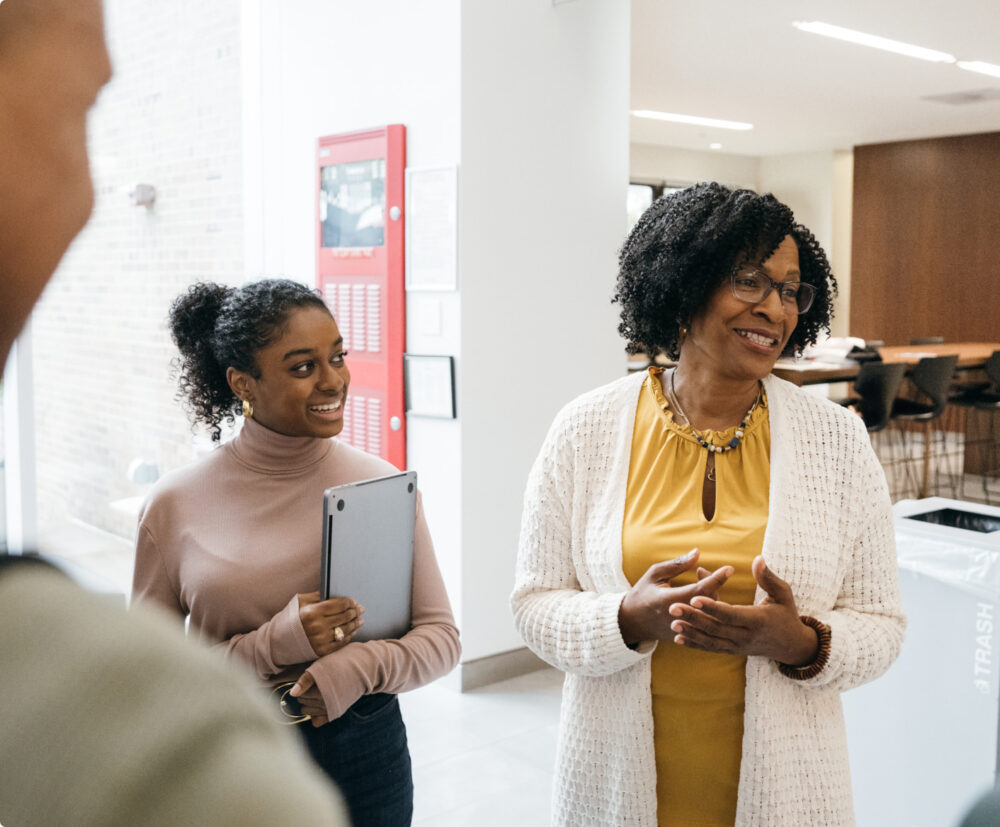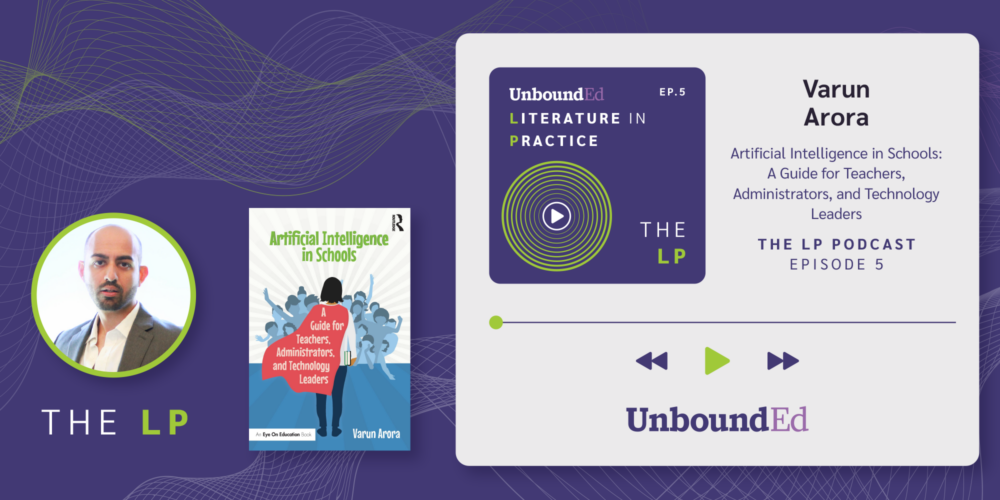
We are in an era where excitement, fear, promise, and paranoia about the capabilities of artificial intelligence are a part of everyday conversation in our society as we are steadily integrating AI into essential elements of our lives. What does this mean for how we teach, learn, and do school? Will the inequities that exist in analog instruction continue to improve or worsen as digital technologies for teaching and learning evolve? Varun Arora invites us to explore opportunities to guide AI development in a manner that enhances teacher ownership of equitable instruction, instead of replacing or negating it, in his book Artificial Intelligence in Schools: A Guide for Teachers, Administrators, and Technology Leaders.
Key Takeaways
- The lag of the public school system, plus the fast evolution of AI, makes it hard for educators to find ownership and voice during these advances, but it’s important that we fight for it. Otherwise, more power in our profession is lost.
- Great teachers are great pattern recognizers. So is great AI. How can great teachers use their pattern recognition skills to direct fruitful outcomes from AI’s pattern recognition?
- AI technology, just like anything else a human creates, like a language, a building, a policy, or a practice, reflects culture and bias. This is not talked about enough and can have serious implications on education as AI becomes more prevalent.
- Random Access Memory, or RAM, represents the amount of data readily accessible in an operating and multi-tasking computer. AI in the classroom, like a good pre-AI curriculum, is supposed to expand and free up the RAM in a teacher’s mind so that recalling and acting on best practices becomes easier to concentrate on.
- All of these considerations require a decentralization of knowledge, ownership, and training with Education-related AI in order to make sure AI serves the purpose of amplifying organic human teaching and learning experiences instead of diluting, polluting, or substituting them. With folks like Varun leading the charge, I look forward to this process.
Next steps with GLEAM®
Choose the path that fits your team


UnboundEd Summits
Accelerate your instructional vision and build educators’ skills and expertise with a virtual or on-site Local Summit.
Learn More ➜

In-Service Workshops
UnboundEd’s dynamic, hands-on workshops build educator capacity by focusing on timeless, cross-disciplinary instructional moves that drive effective instruction, rigor, and student empowerment.
Learn More ➜
Online Math Academy
UnboundEd’s Online Math Academy courses enrich educators’ content knowledge and instructional practices to unlock all students’ math potential.
Learn More ➜
Curriculum Adoption
Ensuring quality materials are adopted and used effectively is crucial to improving outcomes and requires a strong instructional materials selection process. We’re here to share guidance and support on leading a rigorous and collaborative curriculum adoption process to select the right materials for your context and goals.
Learn More ➜
Curriculum Implementation
Just getting started, or need to get back on track? We work with you on a shared vision and an actionable plan for curriculum success.
Learn More ➜
Literacy ReclaimEd
Improve literacy instruction and better meet the unique needs of every student.
Learn More ➜
GLEAM® Inventory
Build your team’s understanding of grade-level, engaging, affirming, and meaningful –GLEAM®– instruction and transform how you serve all students in your district.
Learn More ➜
Speaking Engagements
Our experts offer inspiring, thought-provoking messages and conversations that will get your team thinking creatively about shifting mindsets and changing practice.
Learn More ➜
California Math Curriculum Adoption and Launch Cohort
Prepare to adopt and launch high-quality mathematics instructional materials with no-cost, grant-funded support from UnboundEd.
Learn More ➜